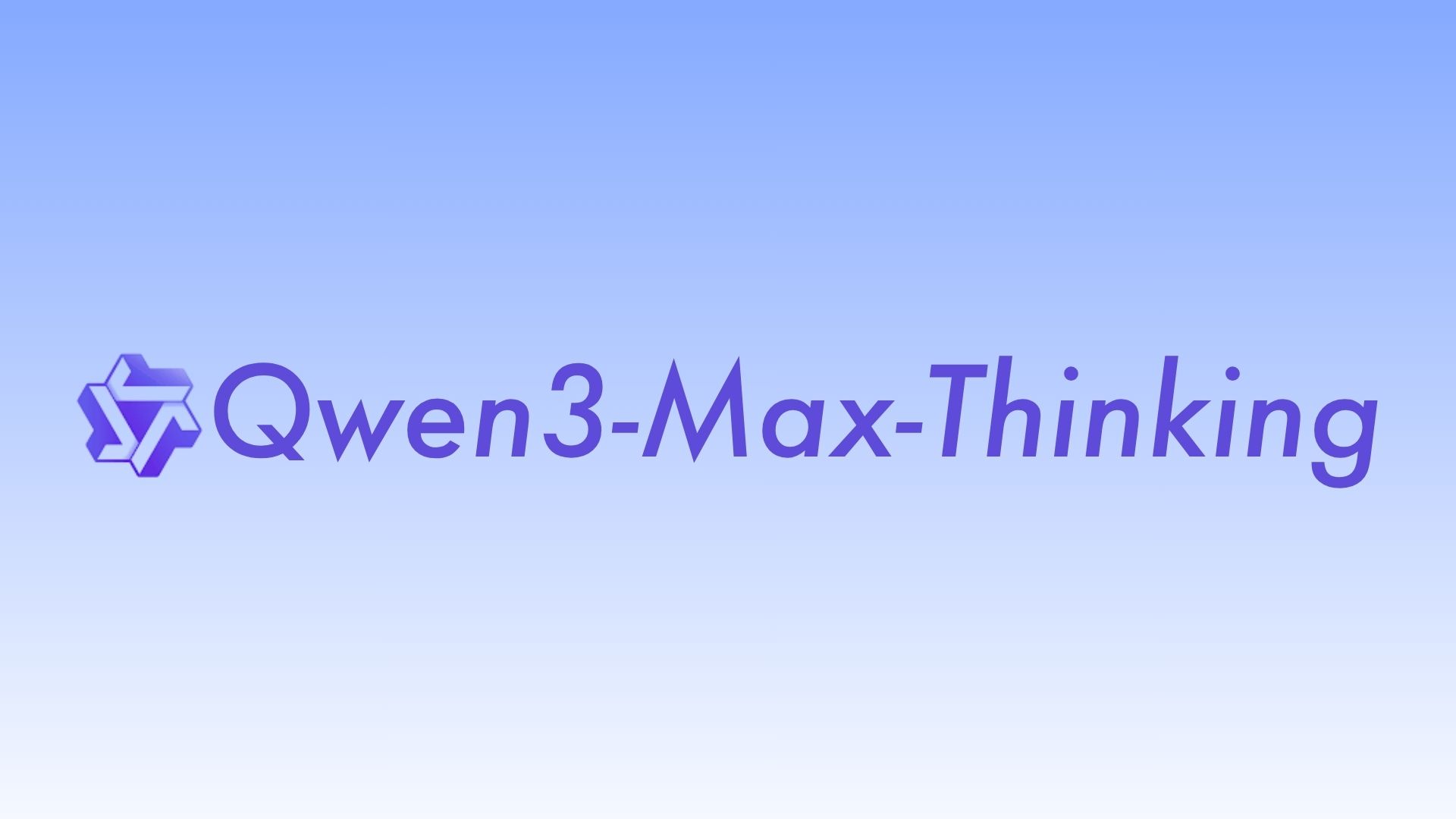Bahrain’s 5G network expansion takes a major step forward as Ericsson renews its partnership with Batelco to enhance the kingdom’s digital infrastructure.
The agreement, finalised during the Gateway Gulf Investment Forum, aims to boost Bahrain’s 5G Network connectivity, drive digital transformation, and support Bahrain’s growing demand for high-speed mobile services.
The Bahrain 5G network expansion will extend 5G coverage to residential, commercial, hospitality, and industrial zones, including major areas such as Diyar Al Muharraq, Salman City, Bahrain Bay, and Ras Zuwaied. This rollout ensures faster, more reliable 5G connectivity, catering to both consumers and businesses across the kingdom.
Ericsson will deploy its latest Radio Access Network (RAN) technologies, featuring advanced radios, efficient power systems, and eco-friendly battery solutions. These upgrades optimise network performance, energy efficiency, and reduce hardware footprint.
Additionally, Batelco’s cloud infrastructure will be modernised, improving scalability, operational efficiency, and support for IoT, 5G Advanced applications, and AI-driven operations.
According to Batelco’s CEO, these initiatives will keep Bahrain’s 5G network innovative, reliable, and high-performing, delivering an exceptional digital experience for all users.
Would you like to learn more about AI, tech and digital diplomacy? If so, ask our Diplo chatbot!










